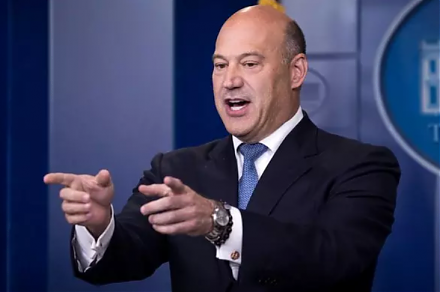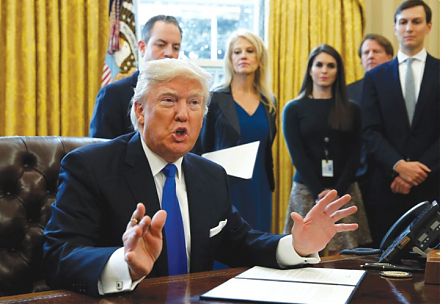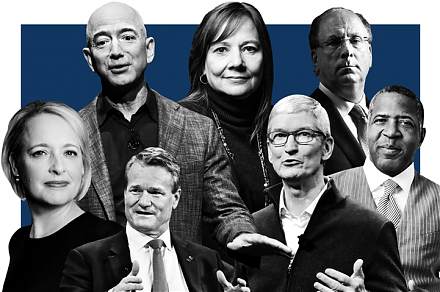

2019-04-17 11:34:00 Wed ET
technology antitrust competition bilateral trade free trade fair trade trade agreement trade surplus trade deficit multilateralism neoliberalism world trade organization regulation public utility current account compliance
Amazon CEO Jeff Bezos admits the fact that antitrust scrutiny remains a primary imminent threat to his e-commerce business empire. In his annual letter to Amazon shareholders, Bezos points out the fact that the percentage of Amazon goods sold by independent third-parties has gone from 3% in 1999 to about 60% in early-2019. Also, Bezos emphasizes the essential need for Amazon to fail fast forward through numerous informative experiments. In particular, the size of failures has to grow exponentially with the socioeconomic impact of revolutionary inventions such as artificial intelligence, robotic automation, the main strategic healthcare venture with Berkshire Hathaway and JPMorgan Chase, and the landmark acquisition of Whole Foods. With respect to stakeholder value maximization, Bezos plans to pay most Amazon employees, upstream suppliers, and downstream customers with better terms, wages, returns, and benefits.
Meanwhile, Amazon operates at least 10 brick-and-mortar stores in Chicago, San Francisco, and Seattle. Bezos expects to open more Amazon Go brick-and-mortar stores and checkout lines. In light of all the progressive milestones, Amazon may face inevitably closer antitrust scrutiny as the e-commerce tech titan continues to expand its operational scale and scope. A plausible future scenario may entail the strategic separation of Amazon cloud services from the retail business.
If any of our AYA Analytica financial health memos (FHM), blog posts, ebooks, newsletters, and notifications etc, or any other form of online content curation, involves potential copyright concerns, please feel free to contact us at service@ayafintech.network so that we can remove relevant content in response to any such request within a reasonable time frame.
2023-09-28 08:26:00 Thursday ET

Daron Acemoglu and James Robinson show a constant economic tussle between society and the state in the hot pursuit of liberty. Daron Acemoglu and James R
2020-01-08 08:25:00 Wednesday ET

Conservative Party wins the British parliamentary majority in the general election with hefty British pound appreciation. In response to this general electi
2018-11-23 09:39:00 Friday ET

Former White House chief economic advisor Gary Cohn points out that there is no instant cure for the Sino-U.S. trade dilemma. After the U.S. midterm electio
2018-03-01 07:35:00 Thursday ET

Trump imposes high tariffs on steel (25%) and aluminum (10%) in a new trade war with subsequent exemptions for Canada and Mexico. The Trump administration&#
2020-08-26 10:33:00 Wednesday ET

Through purposeful leadership, senior managers inspire teams to reach heights of both innovation and profitability with great brand identity and customer lo
2019-11-06 12:29:00 Wednesday ET

Our fintech finbuzz analytic report shines fresh light on the fundamental prospects of U.S. tech titans Facebook, Apple, Microsoft, Google, and Amazon (F.A.